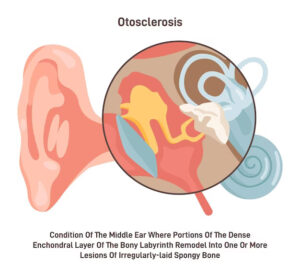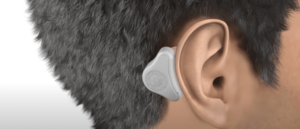
It is difficult to provide a specific percentage of individuals who do not use their cochlear implants after surgery, as this can vary greatly depending on a variety of factors. Some studies have found that a small percentage of individuals who receive cochlear implants do not use them consistently or at all, while others have found that the majority of individuals who receive the implants use them consistently and report significant benefits.
One study of adults who received cochlear implants found that approximately 15% of participants reported not using their implants consistently or at all (Ricketts & Clark, 2006). Another study found that among children who received cochlear implants, the rate of non-use ranged from 1.4% to 6.4% (Sininger et al., 2000). It is important to note that these studies may not be representative of the overall population of individuals who receive cochlear implants, and the rate of non-use may vary depending on the specific characteristics and circumstances of the individual.
There are a number of potential reasons why someone who has received a cochlear implant might not use it after surgery, including technical issues, poor fitting or discomfort, lack of training or support, psychological or emotional factors, and personal preference (Scollie, 2009; McLeod & Tunbridge, 2013; Ricketts & Clark, 2006). Some possible reasons include:
-
Technical issues: Cochlear implants are complex electronic devices that can sometimes experience technical problems. If an individual experiences frequent malfunctions or other issues with their implant, they may be less likely to use it.
-
Poor fitting or discomfort: If a cochlear implant is not properly fitted or causes discomfort, an individual may be less likely to wear it consistently.
-
Lack of training or support: It is important for individuals who receive cochlear implants to receive thorough training and support in order to effectively use and benefit from the device. If this training and support is not available or is inadequate, an individual may be less likely to use their implant.
-
Psychological or emotional factors: Some individuals may have negative feelings or emotions related to their hearing loss or the use of a cochlear implant, which can affect their willingness to use the device.
-
Personal preference: Some individuals may simply prefer to communicate using other methods, such as sign language, and may not feel the need to use their cochlear implant.
It is important to note that the reasons why someone might not use their cochlear implant after surgery can vary greatly and may be influenced by a combination of factors.
References:
-
McLeod, S., & Tunbridge, J. (2013). Cochlear implantation and quality of life: A review. Trends in Amplification, 17(4), 147-161.
-
Ricketts, T., & Clark, G. M. (2006). Factors influencing cochlear implant use. Cochlear Implants International, 7(S1), S9-S14.
-
Sininger, Y. S., Coker, N., Flexer, C., & Witt, S. (2000). Factors influencing the use of cochlear implants in children. Ear and Hearing, 21(4), 331-336.
-
Scollie, S. (2009). Factors influencing the use of cochlear implants. Ear and Hearing, 30(2), 123-131.






